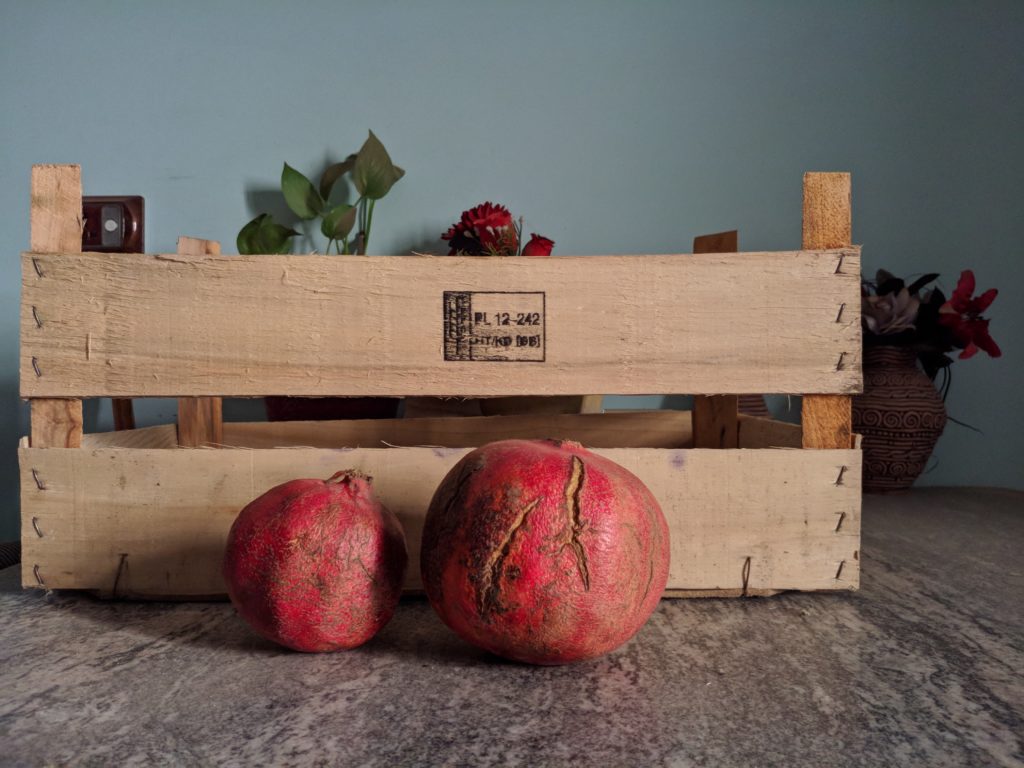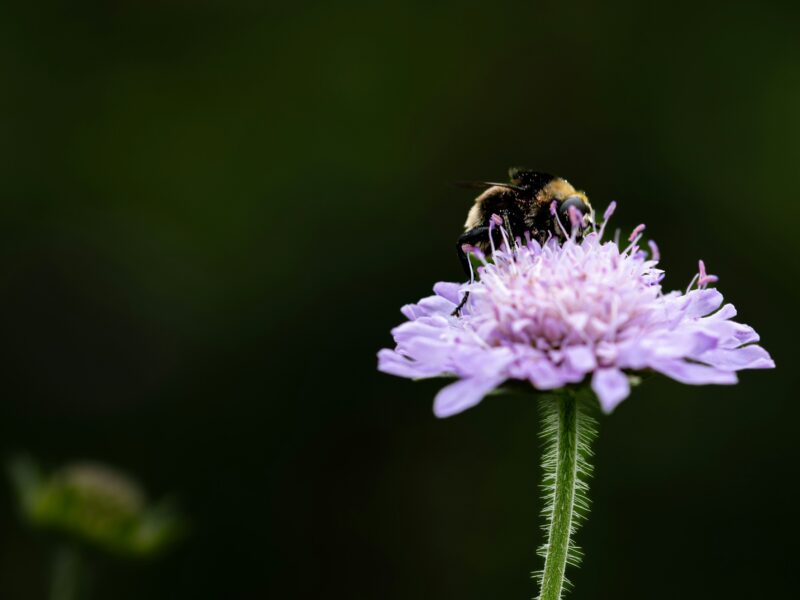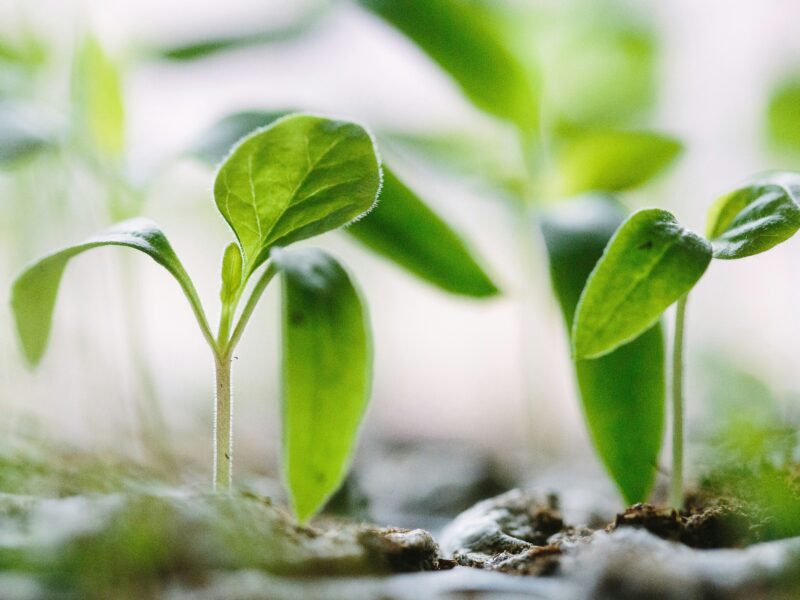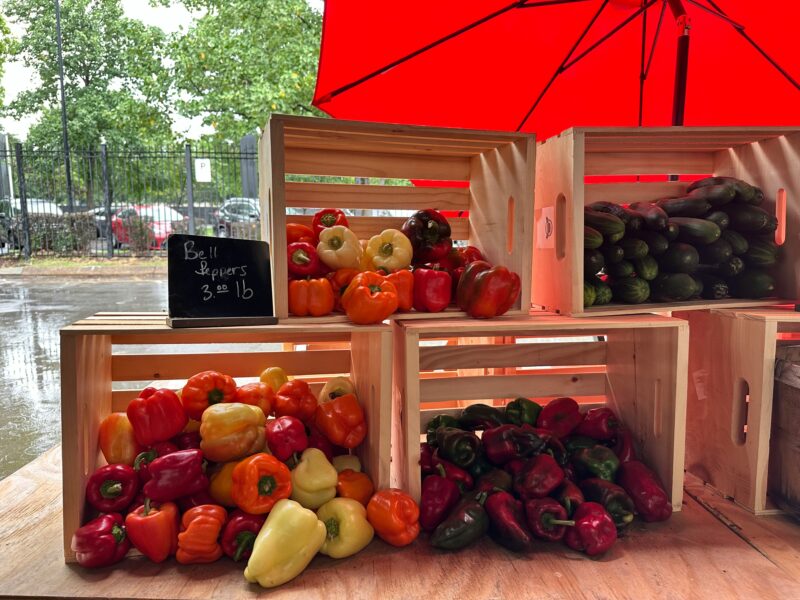Organic agriculture provides multiple ecosystem functions and services at greater economic benefit to farmers than conventional, chemical-intensive cropping systems, according to research recently published in the journal Science Advances. The study, conducted by a team of scientists based in Switzerland, goes beyond farming evaluations based solely on ecosystem services to include socioeconomic elements. “We did this because agroecosystems also have a socioeconomic dimension for producers and policy makers,” the authors note. While it is unsurprising based on prior research that organic practices provide greater environmental and economic benefits, the study lays bare the true cost of policies that myopically focus on yield while ignoring other factors. Organic Valley farms in southeast Minnesota grateful they made the turn to organic. Members of the nation’s largest cooperative of organic farmers feel fortunate they became specialized and stayed small during a time when many producers doubled down on expansion. Proposed changes to the National List for organic crops, livestock, and handling. The NOSB reviews each substance on the National List of Allowed and Prohibited Substances (National List) every five years as part of a process called sunset review. Established in the Organic Foods Production Act, sunset review requires the NOSB to reconsider any new and existing information about the substance to determine if it continues to meet requirements to remain on the National List. If the NOSB determines a substance no longer meets the required criteria and two-thirds of the Board votes to recommend its removal, the USDA may initiate rulemaking to remove the substance from the National List. Organic producers and handlers can now apply for U.S. Department of Agriculture funds to assist with the cost of receiving or maintaining organic certification. Applications for the Organic Certification Cost Share Program are due Nov. 1. “USDA is here to help all producers, including those who grow our nation’s organic food and fiber. Many farmers have told us that cost was a barrier to their ability to get an organic certification,” said Sherry Hamel, Acting State Executive Director, TITLE Farm Service Agency. “By assisting with the costs, this program can help organic farmers get their certification along with the benefits that come with it.” Organic Trade Association welcomes future organic leaders. The future leaders of organic are studying agriculture or business at a university, majoring in science or health at a community college, or interning and mentoring on a farm, with a food brand, or in a Congressional office.
Organic Valley farms in southeast Minnesota grateful they made the turn to organic
Members of the nation’s largest cooperative of organic farmers feel fortunate they became specialized and stayed small during a time when many producers doubled down on expansion.
Proposed changes to the National List for organic crops, livestock, and handling
The NOSB reviews each substance on the National List of Allowed and Prohibited Substances (National List) every five years as part of a process called sunset review. Established in the Organic Foods Production Act, sunset review requires the NOSB to reconsider any new and existing information about the substance to determine if it continues to meet requirements to remain on the National List. If the NOSB determines a substance no longer meets the required criteria and two-thirds of the Board votes to recommend its removal, the USDA may initiate rulemaking to remove the substance from the National List.
USDA now accepting applications to help cover costs for organic certification
Organic producers and handlers can now apply for U.S. Department of Agriculture funds to assist with the cost of receiving or maintaining organic certification. Applications for the Organic Certification Cost Share Program are due Nov. 1. “USDA is here to help all producers, including those who grow our nation’s organic food and fiber. Many farmers have told us that cost was a barrier to their ability to get an organic certification,” said Sherry Hamel, Acting State Executive Director, TITLE Farm Service Agency. “By assisting with the costs, this program can help organic farmers get their certification along with the benefits that come with it.”
Organic Trade Association welcomes future organic leaders
The future leaders of organic are studying agriculture or business at a university, majoring in science or health at a community college, or interning and mentoring on a farm, with a food brand, or in a Congressional office.
Socioeconomic and Environmental Benefits in Organic Farming Exceed Chemical Practices
Organic agriculture provides multiple ecosystem functions and services at greater economic benefit to farmers than conventional, chemical-intensive cropping systems, according to research recently published in the journal Science Advances. The study, conducted by a team of scientists based in Switzerland, goes beyond farming evaluations based solely on ecosystem services to include socioeconomic elements. “We did this because agroecosystems also have a socioeconomic dimension for producers and policy makers,” the authors note. While it is unsurprising based on prior research that organic practices provide greater environmental and economic benefits, the study lays bare the true cost of policies that myopically focus on yield while ignoring other factors.









